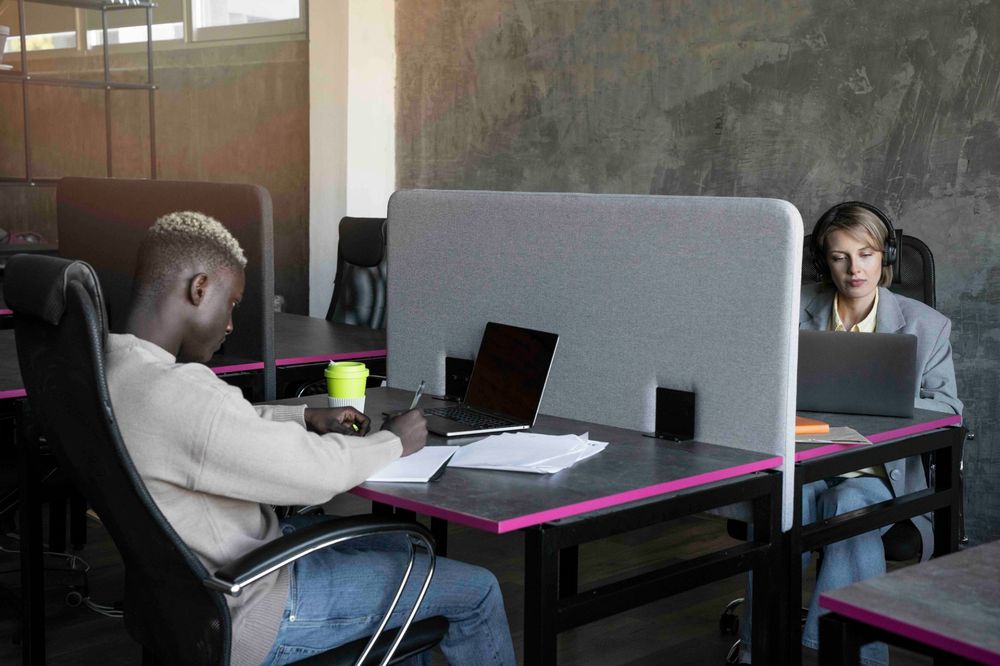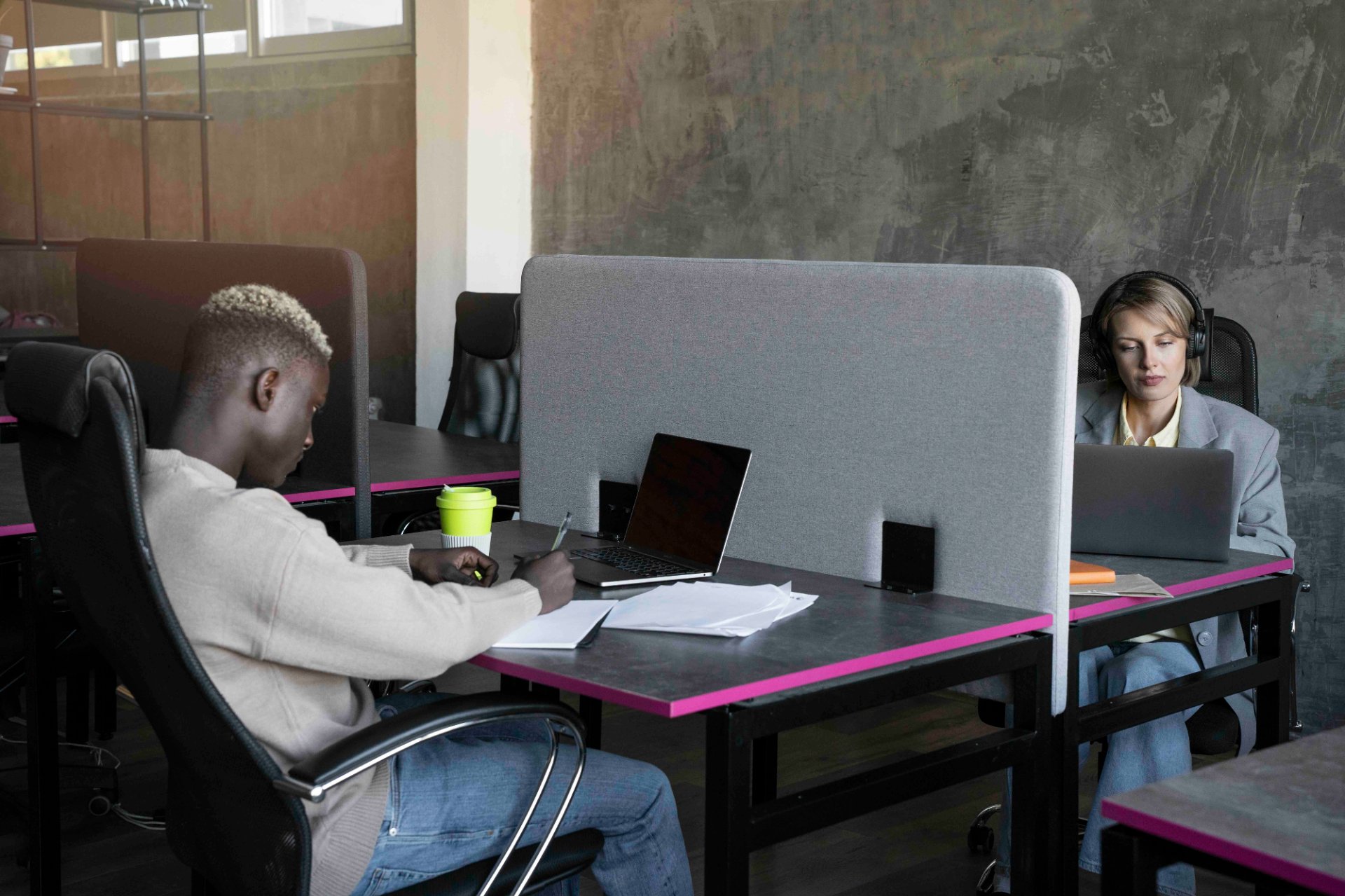As businesses increasingly adopt the hybrid work model, the demand for flexible office spaces has surged. Companies are transitioning away from traditional, long-term leases in favor of more adaptable arrangements with coworking and serviced office providers. This shift, driven by global trends, is reshaping the office landscape in South Africa’s major business hubs, including Cape Town and Johannesburg.
Hybrid Work and Its Influence on Office Demand
- Decreased Need for Traditional Office Spaces: With hybrid work becoming the norm, businesses are reassessing their office space requirements. Many are downsizing their physical office footprints in favor of smaller, more flexible spaces that allow for greater adaptability and cost efficiency.
- Rising Demand for Flexible and Serviced Office Solutions: The demand for coworking spaces and serviced offices has grown significantly. These types of spaces, which offer scalability and flexibility, cater to businesses of all sizes—from startups to established enterprises. Cities like Cape Town and Johannesburg are home to a growing number of coworking providers, meeting the needs of a mobile, hybrid workforce.
- Expansion of Suburban Office Demand: As employees embrace hybrid work, there has been a noticeable shift towards suburban office spaces. Employees are increasingly seeking office locations closer to their homes to reduce commuting times. Suburban office parks, such as those in Bryanston (Johannesburg) and Century City (Cape Town), are becoming increasingly popular due to their proximity to residential areas and modern amenities.
Adapting Office Design for the Hybrid Workforce
- Collaboration-Centric Office Layouts: The traditional office model is being replaced with designs that prioritize collaboration. Open-plan spaces, brainstorming zones, and dedicated breakout areas are becoming integral features in hybrid office environments, encouraging creativity and teamwork.
- Seamless Technology Integration: With hybrid work, effective communication between remote and in-office teams is paramount. Offices are increasingly being equipped with advanced video conferencing systems, interactive smartboards, and high-speed internet to ensure seamless collaboration across different locations.
- Flexible and Adaptable Spaces: To support the dynamic needs of hybrid workforces, office spaces are incorporating more flexible layouts. Modular furniture, movable walls, and multipurpose spaces allow businesses to quickly reconfigure their environments as needed, ensuring continued adaptability.
- Focus on Employee Wellness: Modern office designs now prioritize employee wellness, incorporating features like ergonomic furniture, natural lighting, and dedicated relaxation areas. These wellness-centered designs aim to foster a healthy and productive work environment.
- Sustainability in Office Design: The growing focus on sustainability has led to the rise of eco-friendly office buildings. Incorporating energy-efficient systems and sustainable materials aligns with South Africa’s broader environmental goals and contributes to reducing the carbon footprint of office spaces.
Office Space Trends in the Hybrid Work Era
- Plug-and-Play Workspaces: Companies are increasingly seeking office spaces that are ready for immediate use, minimizing setup time. Fully furnished offices with integrated internet and essential amenities are becoming highly sought after.
- Enhanced Office Amenities: To attract and retain tenants, office landlords are enhancing their offerings with amenities such as fitness centers, wellness zones, and secure parking. These amenities are key differentiators in the competitive office space market.
- Proximity and Accessibility: As employees continue to work closer to home, businesses are prioritizing office locations with convenient access to public transportation hubs. Offices near major transport systems, such as the Gautrain in Johannesburg or MyCiTi in Cape Town, are in high demand.
Benefits for South African Businesses
The hybrid work model offers significant benefits for South African businesses. Companies can reduce overhead costs by adopting flexible office solutions, while also enhancing employee productivity by minimizing lengthy commutes. Studies show that 77% of employees prefer working closer to home, which can also lead to improved work-life balance.
Additionally, by reducing commuting times, businesses can lower their carbon footprint, particularly in a country where commuting is the largest source of CO2 emissions.
The Future of Office Spaces in South Africa
Looking ahead, South Africa’s office market is poised to continue evolving. The rise of tech-enabled smart offices, satellite office locations, and community-oriented workspaces will be central to the future of office design. As hybrid work solidifies its place as the standard, businesses and real estate owners who embrace these changes will be well-positioned for success in the new era of work.



